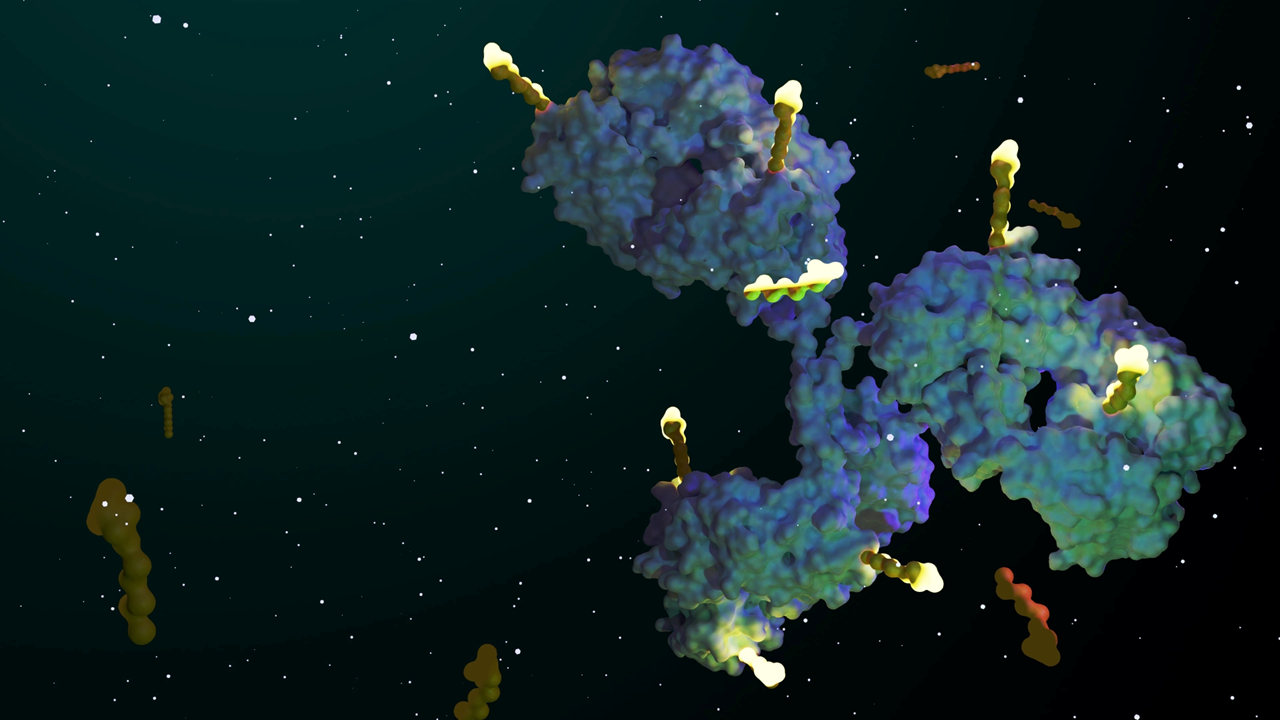World Bipolar Day 2025 is on Sunday, March 30.
Every March 30th, people around the globe come together to observe World Bipolar Day. This initiative raises awareness and reduces the stigma surrounding bipolar disorder.
The theme of World Bipolar Day 2025, #BipolarStrong, invites individuals to share their personal journeys. It reinforces the power of community and celebrates scientific progress in mental health.
Understanding Bipolar Disorder
Approximately 2.8% of US adults experience bipolar disorder in a given year. Among these cases, about 82.9% are classified as severe. Research also shows that women tend to have a slightly higher prevalence than men.
Studies also reveal that individuals with moderate to severe depressive symptoms face significantly higher healthcare costs and a lower quality of life than those with milder symptoms.
In March 2025, the National Institute of Mental Health (NIMH) published findings from the largest genome-wide association study (GWAS) on bipolar disorder to date. This extensive study involved over 158,000 individuals with bipolar disorder and nearly 2.8 million controls.
Researchers identified nearly 300 gene locations and 36 unique genes associated with the disorder.
These insights strengthen the evidence that bipolar disorder has a strong biological basis. They are reshaping how researchers, clinicians and patients understand the condition.
Strides in Bipolar Research
BioXcel Therapeutics’ SERENITY At-Home Phase III Trial
BioXcel is advancing its SERENITY at-home Phase III trial of BXCL501, a proprietary, orally dissolving film formulation of dexmedetomidine for the acute treatment of agitation in bipolar disorder.
The placebo-controlled study is enrolling 200 patients who self-administer treatment during episodes at home. The trial, now at 33% enrollment, focuses on safety and caregiver/patient-reported outcomes.
Pending results, BioXcel aims to seek approval for home use. The company is also studying BXCL501 in Alzheimer’s-related agitation, reflecting broader plans for use across care settings.
BD²’s Expanded Clinical Care and Research Network
In March 2025, BD² added four US institutions to its Integrated Network, each receiving $2.3 million to advance bipolar disorder research and care.
The expansion supports BD²’s longitudinal cohort study, which aims to enroll 4,000 participants over five years — with over 500 already enrolled — by broadening recruitment and increasing data diversity.
The network follows a dual model: real-world care data informs research, and research findings are fed back into practice. This system helps clinicians make more informed, timely decisions tailored to patients’ needs.
Genetic Insights: Rare Variants in HECTD2 and AKAP11
Scientists from deCODE genetics, a subsidiary of Amgen, published a study in Nature Genetics in March 2025 that illuminated rare, high-impact contributors to disease risk.
They found rare, loss-of-function variants in two genes — HECTD2 and AKAP11 — that are strongly linked to bipolar disorder.
AKAP11 produces a scaffolding protein that localizes protein kinase A (PKA) within cells. HECTD2 produces an E3 ubiquitin ligase, which tags proteins for degradation. Notably, both interact with GSK3β, a kinase that lithium — the most widely used mood stabilizer — inhibits.
These findings point to a biological pathway that may explain lithium’s therapeutic effects. They also offer a starting point for biomarker development and more targeted drug discovery efforts.
Market Trends on World Bipolar Day 2025
The global bipolar disorder drugs and treatment market was valued at $5.7 billion in 2024 and is projected to grow at a compound annual growth rate (CAGR) of 3.8% from 2025 to 2034.
Key players such as BMS are evaluating their blockbuster drug Cobenfy (xanomeline and trospium chloride) for bipolar disorder after its success in schizophrenia.
Meanwhile, Teva and MedinCell’s long-acting injectable Uzedy (risperidone) is under FDA review as a maintenance treatment for bipolar I disorder. It offers once- or twice-monthly subcutaneous dosing via SteadyTeq technology.
The digital neuro biomarkers market is expanding rapidly as well — expected to reach $4.6 billion by 2032, growing at a CAGR of nearly 26%. This includes wearable devices and remote monitoring tools designed to detect early signs of relapse and support proactive care.
Together, these shifts point to a future of mental health care that is preventive, data-driven and deeply personalized — aligned with the spirit of #BipolarStrong.












Join or login to leave a comment
JOIN LOGIN